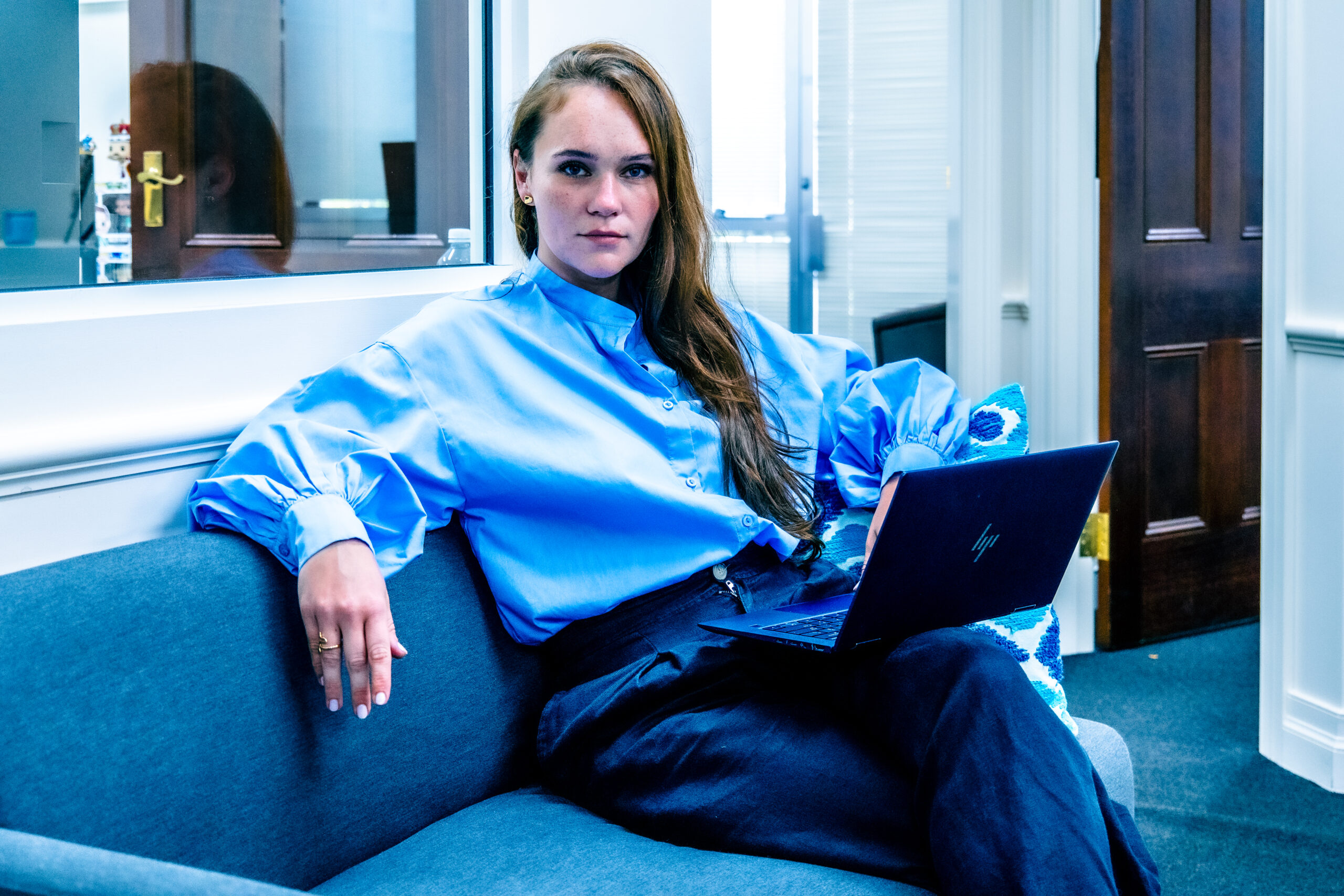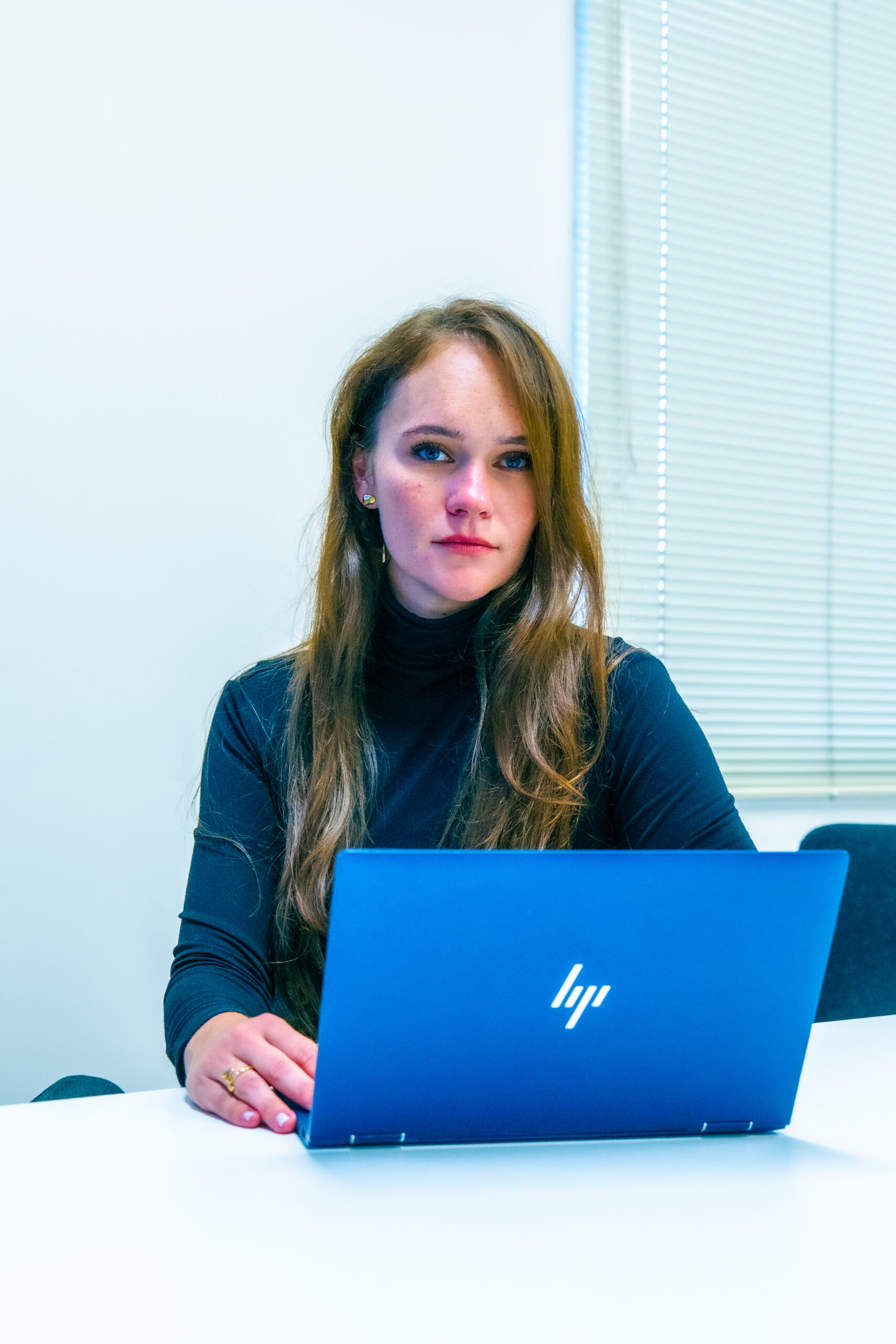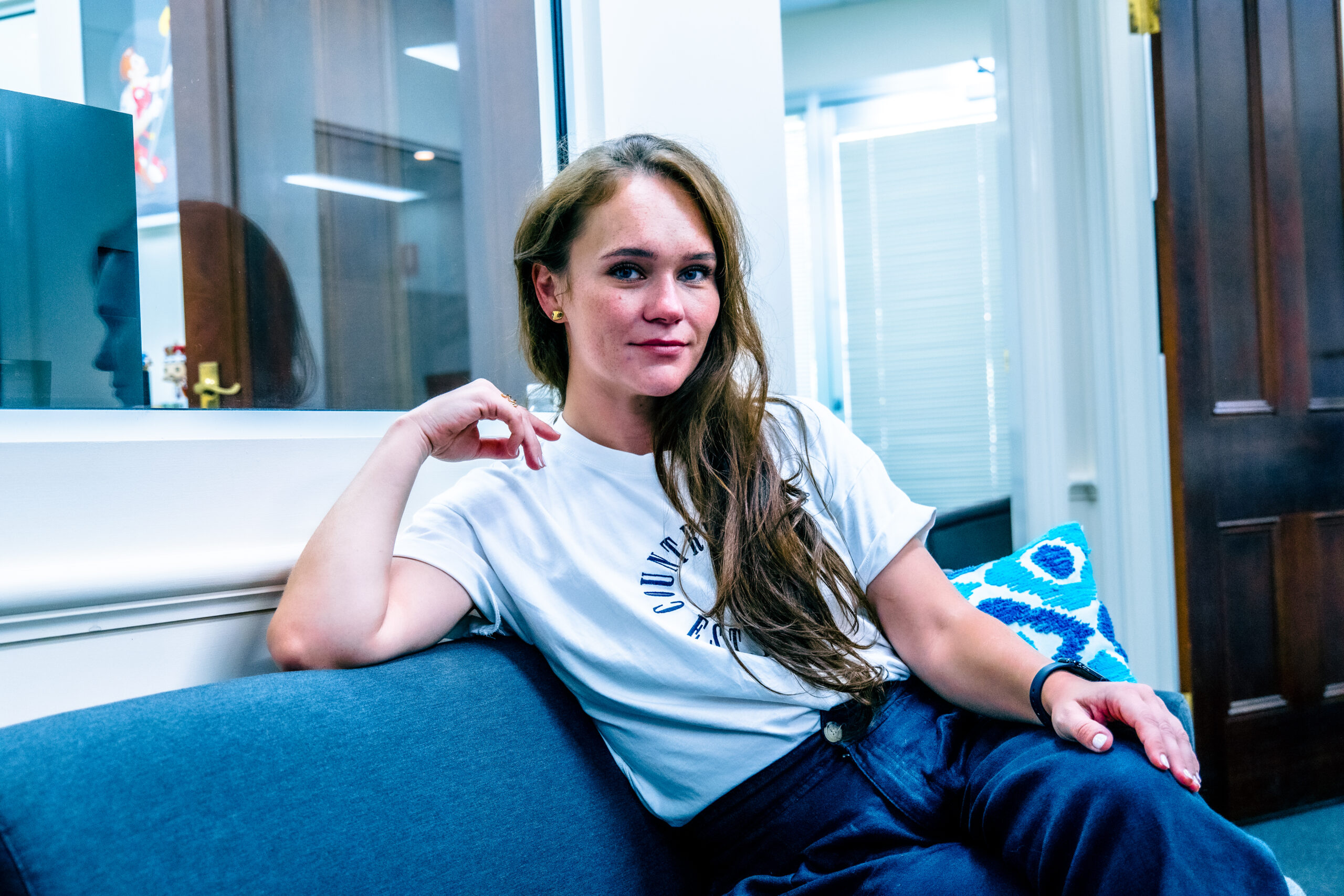
Before firewall configurations and phishing simulations entered her lexicon, Olga spent over a decade immersed in ledgers, tax returns, and compliance reports. As a senior accountant for a public practice firm, she had a sharp eye for detail and a growing curiosity about how systems work—not just financial ones, but operational ones too.
“Even when I was doing finance, I found myself gravitating towards the tech side; new tools, new processes, anything that made things run smoother.”
That same firm happened to manage accounts for IT First Responder. After having her first child, Olga began looking for something that offered more flexibility without sacrificing her love for structure and problem-solving.
In 2017, she joined IT First Responder as an in-house part-time accountant. It was supposed to be a quieter chapter. It turned out to be the beginning of a whole new book.
Olga admits:
“I didn’t expect to end up in operations, let alone cybersecurity; but once I got closer to the team and the work they were doing, I couldn’t help but get involved.”
Her role gradually expanded: from reconciling ledgers to realigning workflows, then from finance reports to incident response coordination. Before long, she was shaping the very operations that kept the company moving.

The learning curve was steep. “In accounting, the rules evolve slowly. In cyber security, they can change overnight.” Her early days were a blur of acronyms, late-night calls, and the kind of technical troubleshooting that left no room for guesswork.
But she stayed curious, kept asking questions, and gradually the fog lifted.
If there’s a through-line between her past and present, it’s structure. “Tax, like Cyber Security, is about controls. About making sure small oversights don’t spiral into big problems,” Olga explains.
“I may not write code, but I know how to ask the right questions and how to make sure the business side stays aligned with the technical one.”
Her leadership style reflects that bridge-building mindset. She trusts her engineers to dive deep while she focuses on alignment, communication, and clarity.
“I’m not the technical lead, and I don’t pretend to be. My job is to make sure the whole machine works: people, processes, priorities. And to create a space where everyone feels safe asking questions, no matter how basic.”

When asked what advice she has for others thinking about a career pivot, especially into tech, she pauses, then smiles. “Don’t underestimate what you already know. The skills you’ve built, even if they’re from a different field, can be your biggest advantage. Just stay curious. Keep asking. And don’t be afraid to feel like a beginner again.”
As for the biggest misconception about working in cybersecurity?
“That you have to be a hoodie-wearing hacker to belong here,” she says with a laugh.
“This field needs communicators, analysts, compliance experts, project managers. It’s not just about code. It’s about context.”
Olga’s story is less about reinvention and more about expansion. She didn’t leave her past behind: she brought it with her, repurposed it, and built something stronger. A tax agent turned tech guardian, charting a path where systems meet people, and curiosity opens the door.
And like all the best detours, hers led somewhere better than expected.
